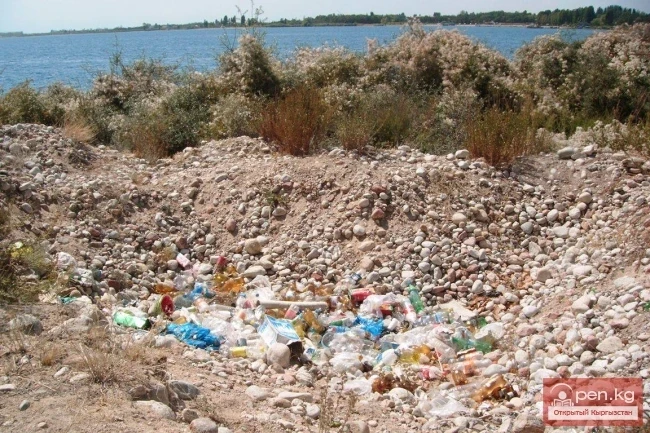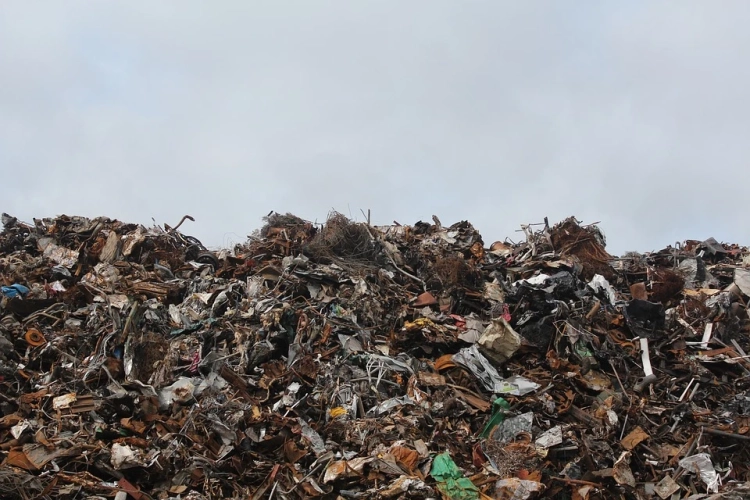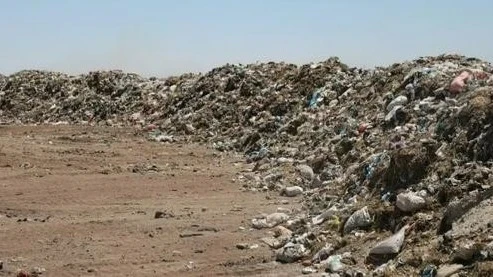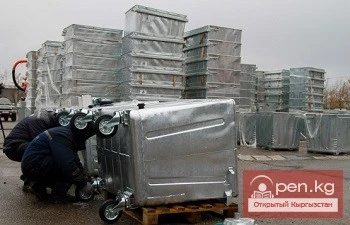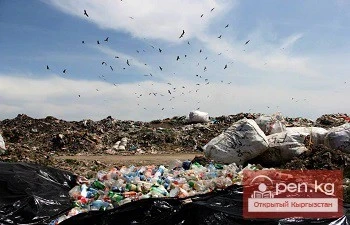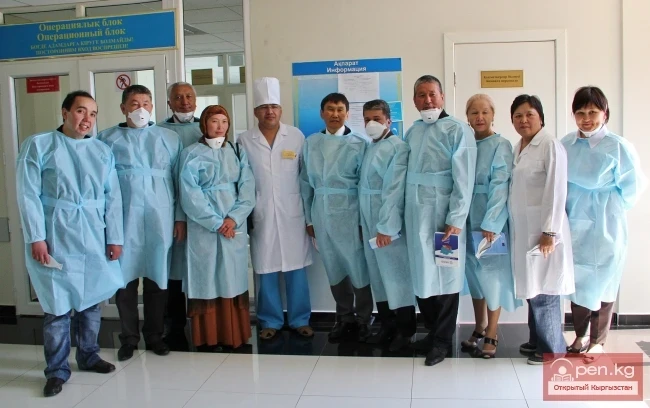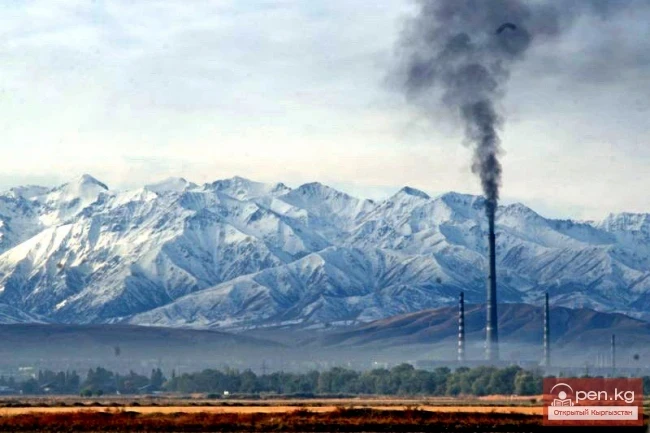The author emphasizes that medical waste consists of various materials generated during the provision of medical care, preventive measures, diagnostics, and scientific research. According to the World Health Organization (WHO), up to 15% of such waste can be hazardous, including infectious, toxic, and radioactive materials. Improper handling of these wastes can cause significant harm to public health and the environment.
With the increasing number of medical institutions and the scale of healthcare provision, as well as the introduction of new technologies, the issue of waste disposal is becoming increasingly relevant. The COVID-19 pandemic has only exacerbated the situation, as the amount of disposable items and packaging has significantly increased, creating additional pressure on existing disposal systems and revealing their shortcomings. "This underscores the need for modernization," notes Urbaeva.
Currently, as the author points out, a phased introduction of accounting for medical waste by weight and quantity is underway; however, a comprehensive monitoring system covers only a limited number of medical institutions. The lack of centralized reporting complicates risk analysis and infrastructure needs planning.
The study aims to systematize approaches to medical waste management with a focus on safe and environmentally sustainable technologies, as well as to analyze international and national experiences and formulate recommendations for improving the management system.
In Kyrgyzstan, as in other post-Soviet countries, a five-level classification of medical waste is applied:
- Class A – waste that does not contain pathogenic microorganisms;
- Class B – potentially infectious;
- Class C – especially hazardous, including highly contagious and quarantine materials;
- Class D – toxic (including pharmaceutical and chemical substances);
- Class E – radioactive waste.
There is also a risk of injury from sharp objects, such as needles and scalpels, which increases the likelihood of bloodborne infections. The toxic effects of waste containing heavy metals and persistent organic pollutants are also dangerous. Their improper disposal can lead to air, soil, and water resource contamination.
"Although the medical waste disposal system in the country has been developing in recent years, systemic problems remain. Cases of illegal dumping of medical waste in regular landfills and burning in unauthorized locations have been identified, violating sanitary standards," the study points out.
Kyrgyzstan lacks a unified strategy covering all stages of medical waste management—from sorting to disposal—making it difficult to implement new solutions and ensure sanitary safety.
According to Urbaeva, the problem of unauthorized waste burning remains relevant. This not only reduces the efficiency of disposal but also leads to air pollution with hazardous substances such as dioxins. Since 2011, some medical institutions have begun using autoclaving technologies, a safer method of thermal treatment; however, its application is limited due to the high cost of equipment and issues with power supply.
The author also emphasizes the need for training medical personnel.
"To improve the medical waste management system, it is necessary to implement digital technologies such as blockchain and RFID, as well as biodegradable packaging and mobile recycling units. The establishment of a national monitoring center is also an important step. These materials can serve as a basis for developing strategies and educational programs in the field of medical waste management," concludes Urbaeva.
Photo on the main page is illustrative: ekologpro.ru.
